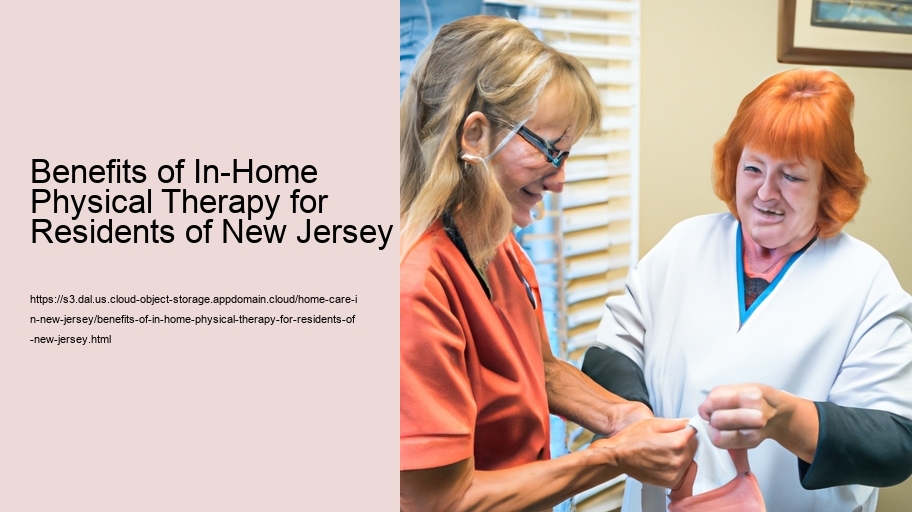In-home physical therapy is increasingly becoming a popular choice for residents of New Jersey, offering a range of benefits that extend beyond the conventional clinical setting. Innovations and Technology in Home Care . This personalized approach to rehabilitation and physical wellness provides convenience, comfort, and a tailored therapeutic experience, particularly advantageous for individuals with mobility issues, busy schedules, or specific health conditions that make traveling to a therapy center challenging.
One of the primary benefits of in-home physical therapy is the convenience it offers. For many New Jersey residents, particularly those in urban areas like Newark or Jersey City, traffic congestion and the time-consuming nature of travel can be significant deterrents to seeking regular therapy sessions. In-home therapy eliminates the need for commuting, allowing patients to receive the care they need without leaving the comfort of their homes. This convenience is particularly beneficial for elderly individuals or those recovering from surgery, who may find travel both physically taxing and time-consuming.
In-home physical therapy also provides a high level of personalized care. Therapists can tailor sessions based on the patient's unique home environment, using available spaces and resources to create effective exercise routines. This customization ensures that patients engage in exercises that are not only beneficial but also feasible within their daily living spaces. Additionally, therapists can identify potential hazards within the home that may impede recovery or increase the risk of injury, offering practical solutions to enhance safety and accessibility.
For residents of New Jersey with specific health conditions or mobility issues, in-home therapy offers a comfortable and familiar setting that can significantly enhance the therapeutic experience. Being in a familiar environment can reduce anxiety and stress, facilitating better engagement during therapy sessions. This comfort can lead to improved outcomes, as patients are often more relaxed and receptive to treatment when surrounded by the comforts of home.
Moreover, in-home physical therapy can foster a stronger patient-therapist relationship. With one-on-one attention, therapists can focus entirely on the patient's needs, closely monitoring progress and making real-time adjustments to treatment plans. This individualized attention can lead to more effective therapy, as therapists can quickly identify what techniques work best for each patient and where more focus is needed.
In addition to these personal benefits, in-home physical therapy can also have economic advantages. By eliminating the need for transportation and reducing the likelihood of missed appointments due to travel difficulties, patients may find it easier to adhere to their prescribed therapy regimens, potentially leading to faster recovery times and reduced overall healthcare costs.
Furthermore, in-home therapy supports continuity of care, a critical component in managing chronic conditions or post-operative recovery. Regular, consistent therapy sessions in the home setting can help maintain momentum in the recovery process, preventing setbacks and promoting steady improvement.
For New Jersey residents seeking effective and convenient rehabilitation solutions, in-home physical therapy stands out as a beneficial option. By offering personalized care within the comfort of one's home, it addresses many of the barriers associated with traditional therapy settings, making it easier for individuals to commit to and benefit from their prescribed treatment plans. Whether recovering from an injury, managing a chronic condition, or striving to improve overall physical health, in-home physical therapy provides a practical, patient-centered approach that can significantly enhance quality of life.

